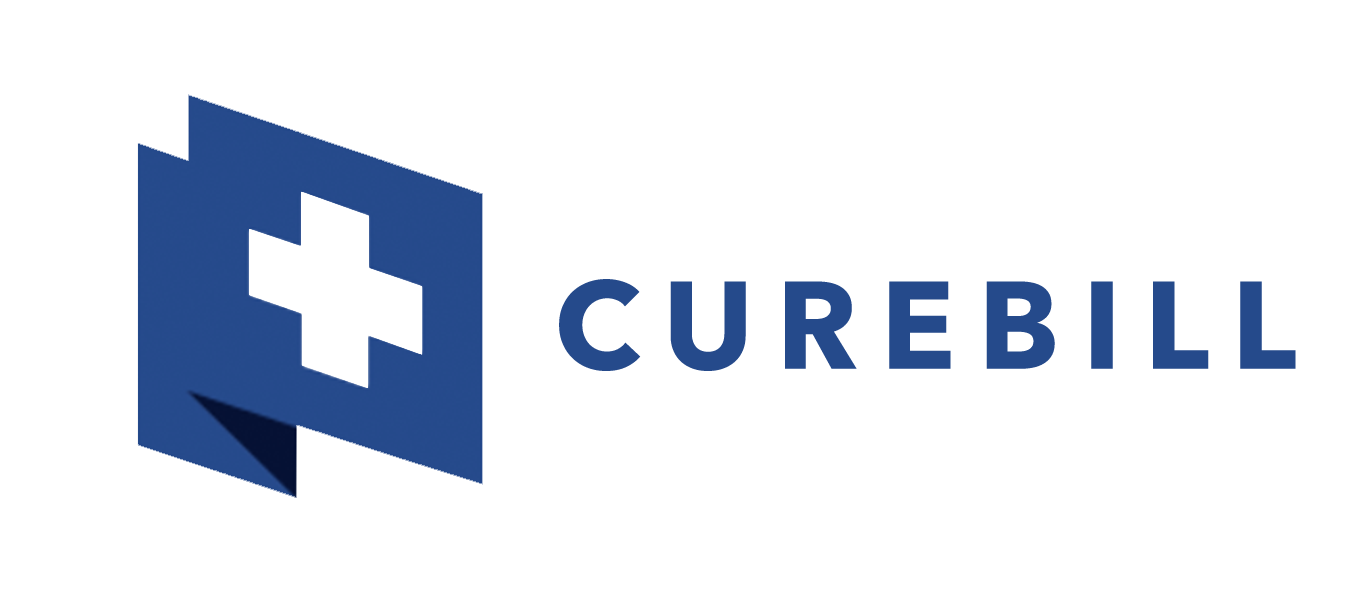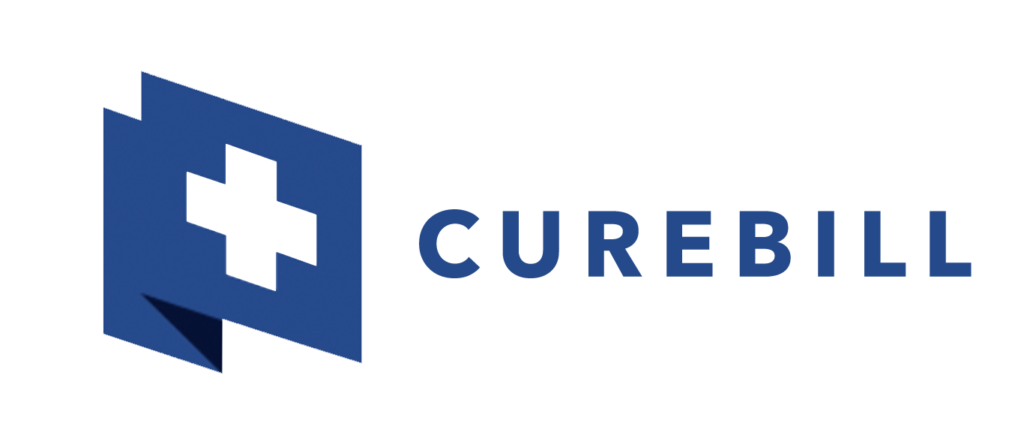
What Are Medical Billing Services?
Medical billing services are essential tools used by healthcare providers to ensure accurate documentation, claim submission, and timely reimbursement from insurance companies or patients. These services streamline administrative tasks, improve cash flow, and reduce billing errors.
Whether you run a private clinic or manage a multi specialty healthcare facility in the USA, outsourcing medical billing allows you to focus on patient care while experts handle the revenue cycle management (RCM).
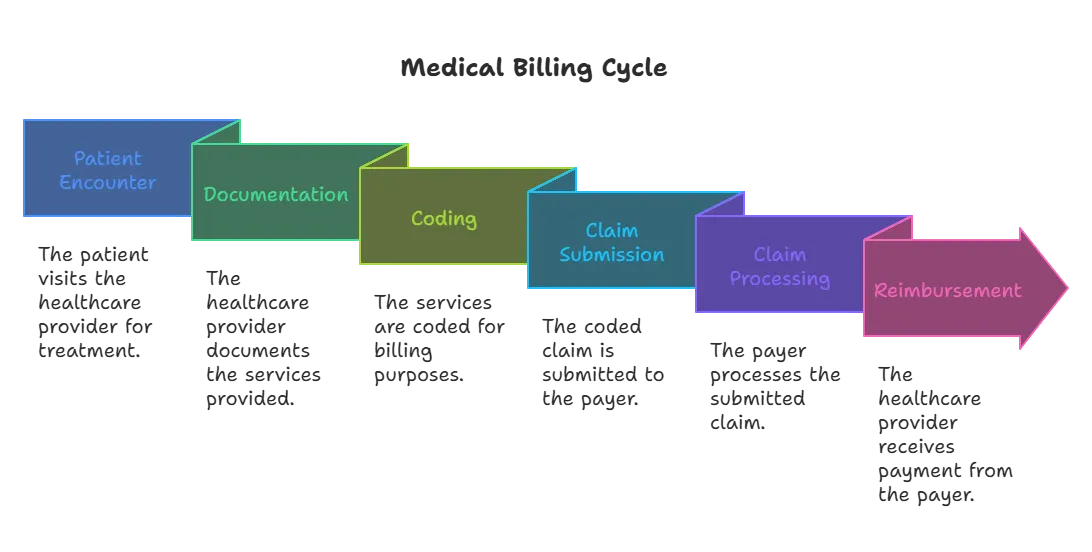
How Do Medical Billing Services Work?
Medical billing services operate through a structured process called Revenue Cycle Management (RCM). Here’s how it typically works.!
Patient Registration & Insurance Verification
Before services are rendered, patients provide demographic and insurance information. Billing specialists verify this data to ensure coverage.
Medical Coding
Certified coders convert healthcare diagnoses, procedures, and services into standardized CPT, ICD-10, and HCPCS codes.
Claim Creation & Submission
The codes are compiled into insurance claims and submitted electronically to the respective payers (Medicare, Medicaid, private insurers).
Payment Posting & Reconciliation
After processing, insurance companies release payments or rejections. The payments are posted, and any rejections are reworked.
Patient Billing & Collections
Patients are billed for their share (deductibles or co pays). Follow ups may be required for payment collection.
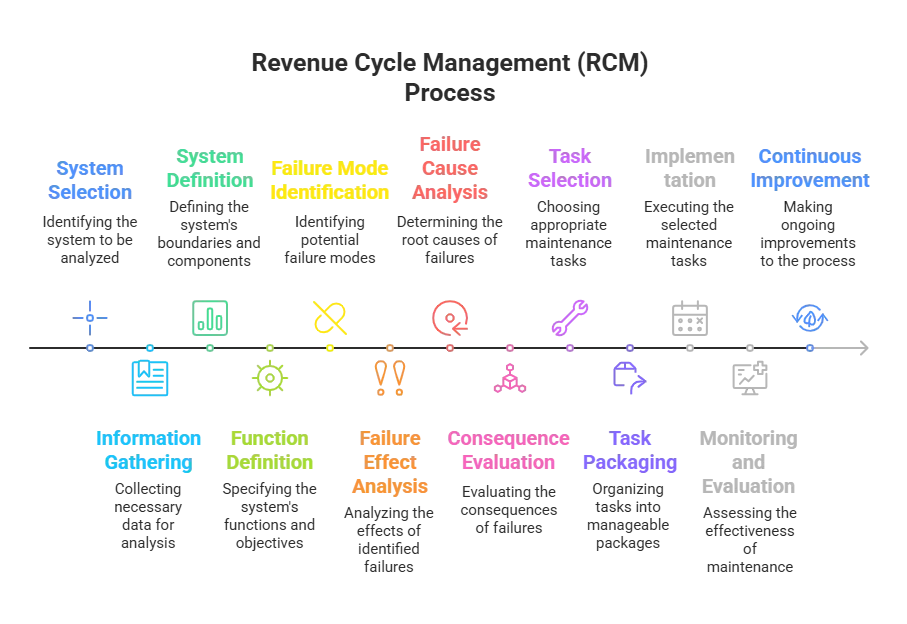
Types of Medical Billing Services
Different practices require different types of billing solutions.
Professional Billing
Used by individual healthcare providers like doctors or physical therapists.
Institutional Billing
Used by hospitals, rehab centers, or nursing facilities. It includes both facility and professional components.
Outsourced Billing Services
Third-party billing companies handle the entire process, usually off-site.
In-House Billing Services
Managed internally using billing software and employed staff.
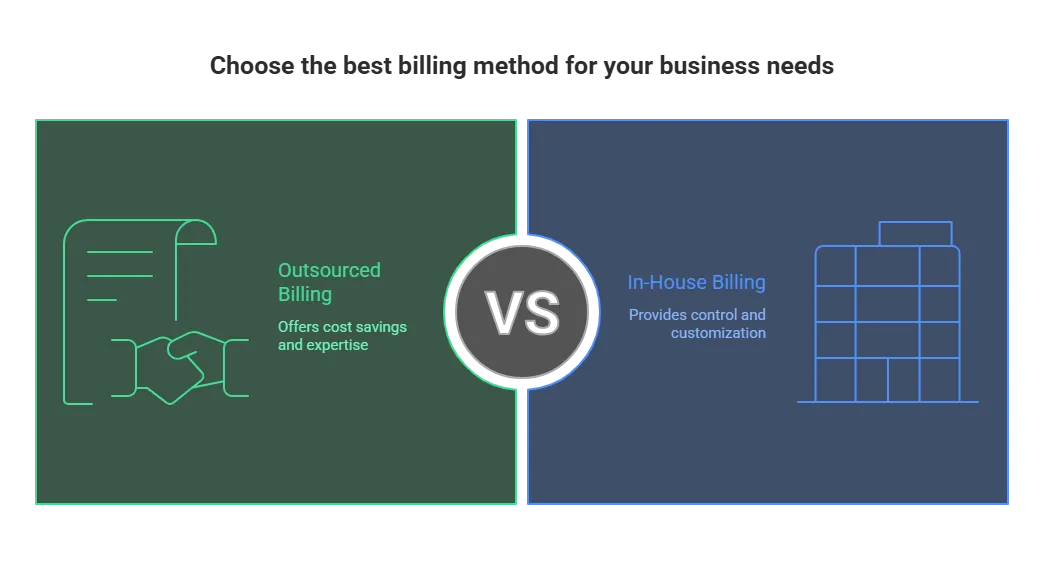
What Are the Costs of Medical Billing Services?
Costs can vary based on the size of your practice, volume of claims, and whether you’re outsourcing.
Percentage Model: 2% to 7% of monthly collections.
Flat Rate Model: $1 to $5 per claim.
Hourly Rate: $25 to $50 per hour for freelance billers.
Setup Fees: One-time onboarding or software integration costs may apply.
Cost Factors Include:
Number of claims per month
Specialty of services
Credentialing requirements
Custom reporting needs
Why Medical Billing Services Matter for Your Practice
Outsourcing medical billing is not just about saving time it’s a strategic move to increase profitability and compliance.
Faster reimbursements
Reduced claim denials
Improved compliance with HIPAA and payer regulations
Access to trained RCM professionals
Scalable solutions as your practice grows
Key Benefits of Outsourcing Medical Billing
Cost Savings: No need to hire, train, or manage billing staff.
Accuracy: Reduced errors in coding and claim submission.
Analytics & Reporting: Get real-time dashboards and revenue reports.
Focus on Care: Spend more time treating patients than managing finances.
Tips for Choosing the Right Medical Billing Company
Check their expertise in your specialty (e.g., dermatology, cardiology).
Ask about compliance protocols (HIPAA adherence).
Request references or testimonials.
Review contract terms and SLAs.
Evaluate software compatibility and integration support.
Conclusion
Investing in professional medical billing services can transform the financial health of your practice. From faster reimbursements to fewer denials, the benefits far outweigh the costs. Whether you’re a solo provider or managing a network of clinics across the USA, the right billing partner can make a measurable impact.
